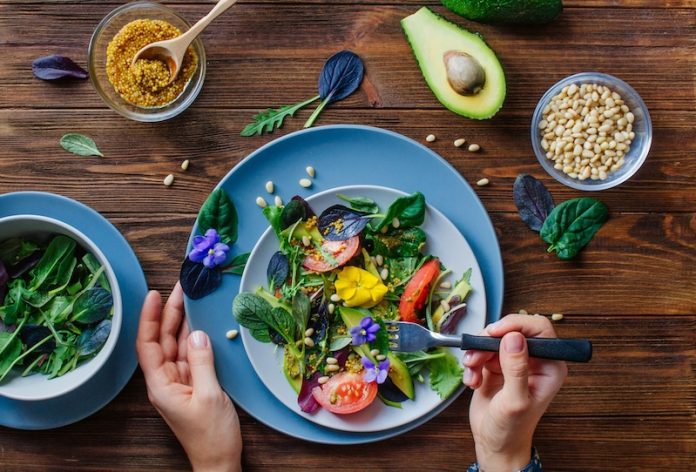
Embarking on a ketogenic, or keto, diet involves a dramatic shift in how you fuel your body. This high-fat, low-carb diet has gained popularity for its potential to promote weight loss, improve blood sugar control, and even increase energy levels.
At the heart of this diet is the need to drastically reduce carbohydrate intake to make the body burn fat for energy instead of glucose, a process known as ketosis.
But where do vegetables fit into this low-carb equation? This review dives into the world of vegetables suitable for the keto diet, offering insights grounded in research but explained in everyday language.
Vegetables are essential for a balanced diet, providing vitamins, minerals, fiber, and antioxidants that support overall health.
However, not all vegetables are created equal on the keto diet. Some are low in carbs and fit perfectly into the keto lifestyle, while others, rich in starches, can hinder the state of ketosis.
Research supports the inclusion of low-carb vegetables in a keto diet for their nutritional benefits without the risk of exceeding carb limits.
Studies indicate that vegetables such as leafy greens, broccoli, and cauliflower can be eaten freely to enrich the diet with essential nutrients while maintaining ketosis.
These vegetables are not only low in carbs but high in fiber, which can help manage blood sugar levels and promote digestive health.
A study published in the “European Journal of Clinical Nutrition” highlighted the importance of vegetable intake for individuals on low-carb diets.
It found that consuming a variety of non-starchy vegetables helped participants meet their micronutrient needs without breaking their carb budget.
Another piece of research in the Journal of the Academy of Nutrition and Dietetics emphasized that the fiber in these vegetables could aid in weight loss by promoting feelings of fullness, thereby reducing overall calorie intake.
Keto-friendly vegetables typically include:
- Leafy greens like spinach, kale, and lettuce, which are very low in carbs and can be eaten in large quantities.
- Cruciferous vegetables such as broccoli, cauliflower, and Brussels sprouts, offering a powerful nutritional punch with minimal carbs.
- Zucchini and cucumber, which are technically fruits but are low in carbs and commonly used as vegetables in culinary contexts.
It’s essential to be mindful of portion sizes and the net carb content (total carbs minus fiber) of these vegetables to ensure they fit within the daily carb allowance.
Generally, sticking to a daily limit of 20-50 grams of net carbs is recommended for maintaining ketosis, but this can vary depending on individual metabolism and activity levels.
While the focus is often on what to avoid on a keto diet, incorporating a variety of low-carb vegetables is crucial for obtaining a spectrum of nutrients and preventing nutrient deficiencies.
These vegetables provide essential vitamins (like vitamin C and K), minerals (like potassium and magnesium), and antioxidants that support immune function, bone health, and more.
In conclusion, vegetables play a vital role in the keto diet, offering essential nutrients while keeping carb intake in check.
By choosing low-carb options and paying attention to portions, it’s possible to enjoy the benefits of vegetables without compromising the state of ketosis.
So, as you navigate your keto journey, remember to fill your plate with a rainbow of keto-friendly veggies to fuel your body with the best nature has to offer.
Follow us on Twitter for more articles about this topic.
Copyright © 2024 Scientific Diet. All rights reserved.





